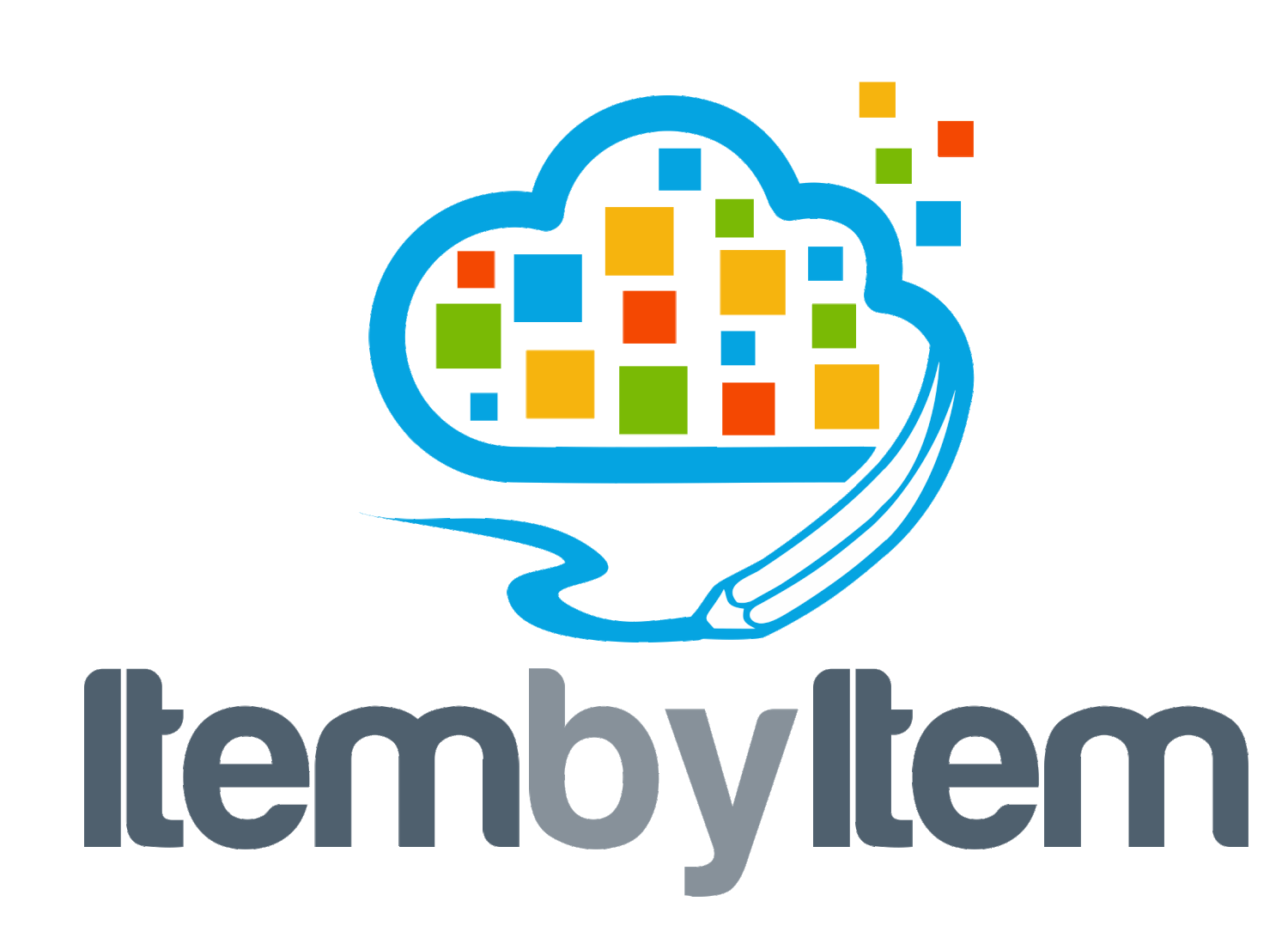End user perspective
In the Microsoft Dynamics 365 (D365) world, there are different groups of people who all need to have different types of training and knowledge surrounding the D365 platform. The majority of the training available today focuses on the perspective of a consultant. Consultants need to know how to configure D365 for obvious reasons, it is their job. However, this type of knowledge is not the best fit and the most commonly used knowledge in a company implementing D365. Few people in the company will need to know how to perform these configuration tasks. The vast majority of employees need to learn how to execute day-to-day tasks instead. As a result, there is a significant gap in the D365 training space that is usually filled by creating 100% custom end-user-specific training for each implementation.
The primary goal of any training content surrounding ERP should be to teach learners how to do their jobs to the best of their ability. By creating training content with the end-user in mind, you will enable learners to spend less time sifting through irrelevant content for their specific role and more time learning about things that they will actually be doing on a consistent basis.
Crafting training content with this perspective is important for a few other reasons. First off, this content will be directly relevant to the job of a learner as mentioned above. This leads to the second point, incorporating more relevant information into the training allows the overall training experience to be more effective and accomplished quicker and easier. Lastly, making the training more digestible and relevant will enable the employees to retain knowledge better because it is information that will actually help them perform their jobs.
In addition, just because end-user-centric training is built with end-users in mind, it does not mean that it is not useful for consultants as well. If consultants were to use these training materials, it would give them great insight into the end user’s perspective and would enable them to communicate the D365 configuration in a better way. The fact that the training content was not created with the consultants in mind actually serves to benefit them as they are able to learn and view different perspectives.
The D365 world is a complex place with many different roles and training needs throughout. End user-centric training has an important role in D365 implementations that should not be overlooked.

